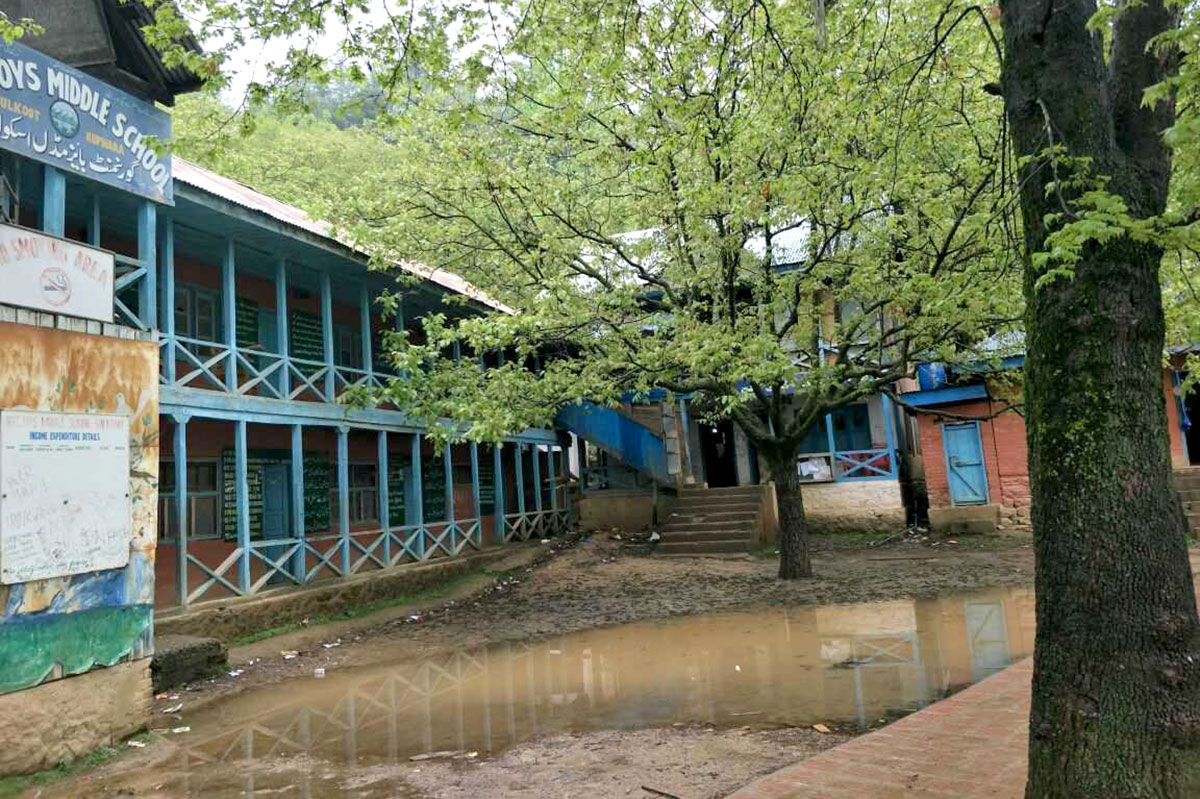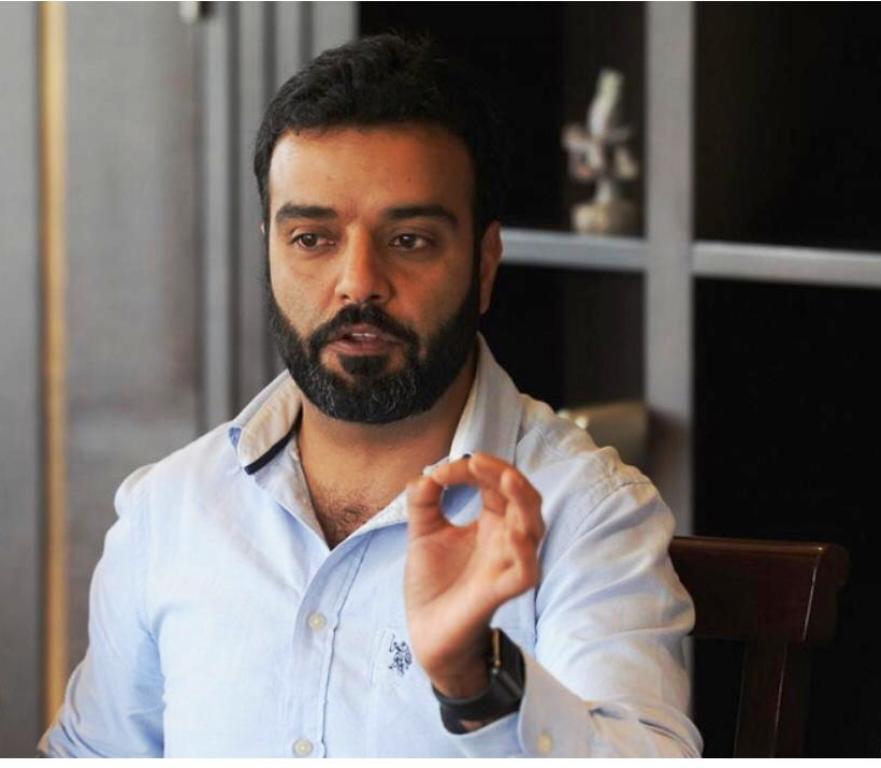SRINAGAR: Minister for Finance, Dr Haseeb Drabu today said the public expenditure policy of the Centre and the state governments will play a growth-inducing role in stopping the economic slowdown in the country.
 “Due to the economic slowdown and the absence of private investment, public expenditure policy will play a growth-inducing role in reinvigorating the economy. Our options are limited but they do exist in the form of investment or stimulus package,” Dr Drabu said.
“Due to the economic slowdown and the absence of private investment, public expenditure policy will play a growth-inducing role in reinvigorating the economy. Our options are limited but they do exist in the form of investment or stimulus package,” Dr Drabu said.
Chairing a high-level meeting of the finance department at the civil secretariat here, the Finance Minister said the irrational policy of making provisions for spending on asset creation without factoring in the budgetary allocation results in liabilities and a directionless expenditure policy in the long run.
“The government is re-looking at the ways of spending money and reorienting the way we think about budget, which triggered this exercise. Earlier, we used to have 29 heads for demand for grants with no meaning from public expenditure policy point of view. Now, they have been combined into five sectors of demand for grants to give them some meaning,” Dr Drabu said.
The Finance Minister said he had a fruitful meeting with the cabinet ministers on resource allocation for Administrative Service, Infrastructure Development, Social Development, Economic Development and Finance. He said the budget will become a pure public expenditure document in coming years.
“We will synergise some expenditure and the administrative secretaries must identify broad focus of the priority of expenditure in their respective departments to evolve a directional expenditure policy. In certain cases, two departments can combine to do an act together,” he said.
Citing an example, Dr Drabu said the school education and social welfare departments can work together to implement the mid-day meal scheme, “Similarly, the Information Technology and School Education department can combine to install solar panels on a cluster of schools which will address the festering electricity shortage at schools across the state,” he said.
Dr Drabu said the focus of this year’s budget will be on completing the existing projects and maintenance of capacities. “Identify the projects pending from last more than ten years, those pending for between five to ten years and the ones which are being executed for less than five years. You work out the cost of completion so that the finance department can take a view. If you can complete even half of the existing projects, it will be a huge achievement for the government,” he told the administrative secretaries.
“Instead of taking last year’s budget and giving the figures a 10 percent hike, break the expenditure allocation to align the expenditure with the priorities of the minister. Second, try to improve the system of delivery and create new framework for expenditure management policy. Unless expenditure is not backed by DPR, we shall not take them into consideration in the budget,” he said.
The Finance Minister said the spending capacity of J&K is limited and there are enormous institutional constraints and leakages due to which the outcome of public expenditure in the form of asset creation is limited.
“The reforms initiated by the government will not work unless the principles of financial management are not followed. We need to have a decisive expenditure strategy. Butter has been spread too thin across that for next thirty years, the ongoing projects will go nowhere,” he said.
Dr Drabu said the departments must keep provision for maintaining capacities of assets in capital expenditure, “Each department must start the process of insuring their prime assets starting with civil secretariat, high courts, assembly, major hospitals and the state’s iconic colleges, etc. Besides, we will also start geo-tagging of our assets,” he said.
The meeting was attended by the Principal Secretary to Finance, Navin Chaudhary, Principal Secretary to Chief Minister, Rohit Kansal, Administrative Secretaries of various state departments and senior officers of the finance department.














